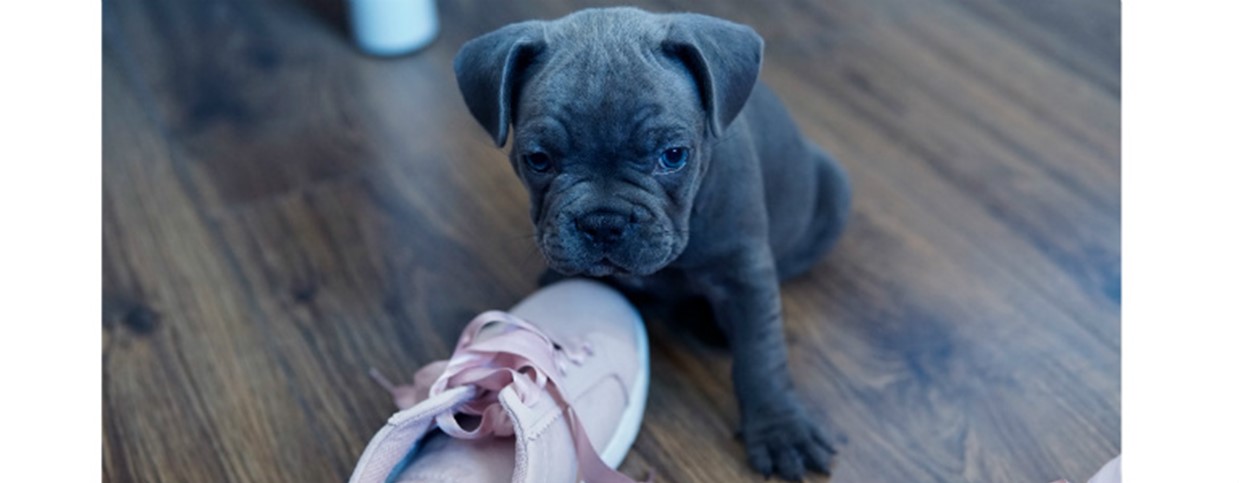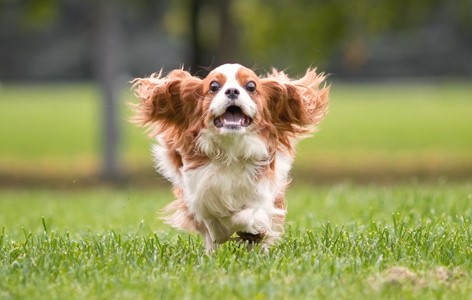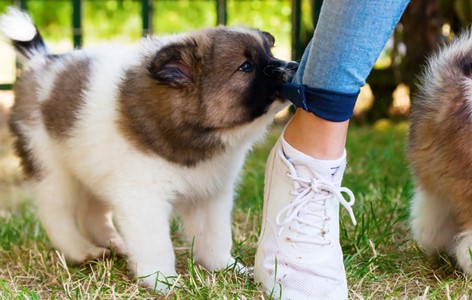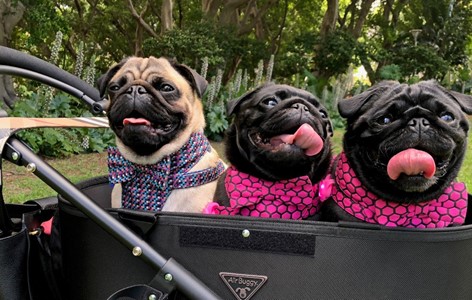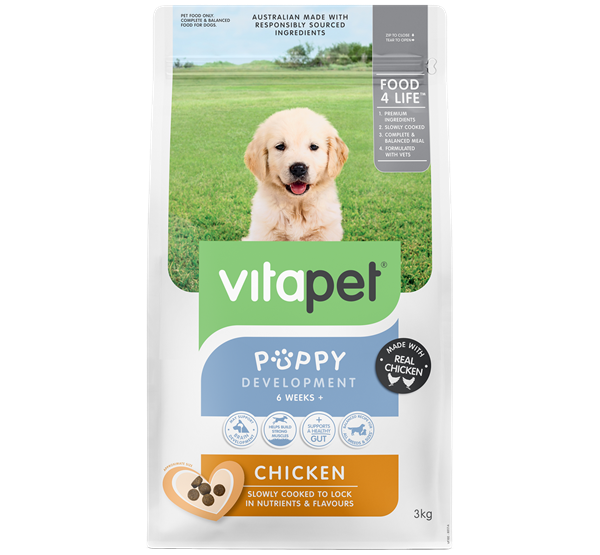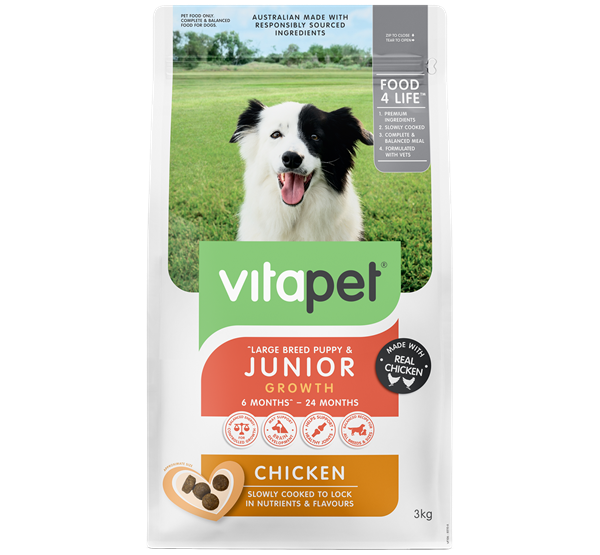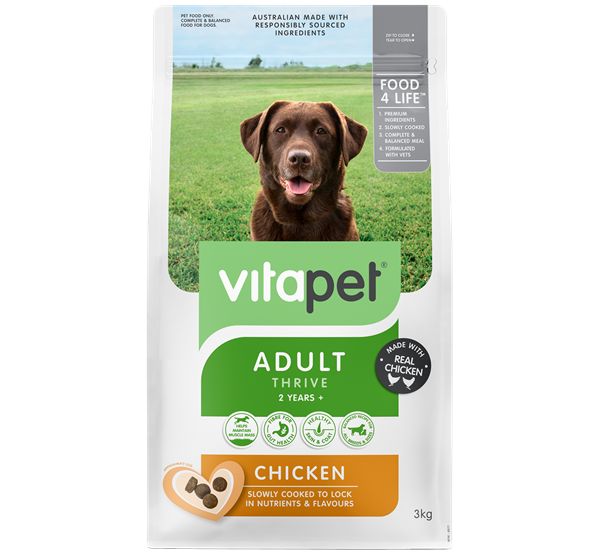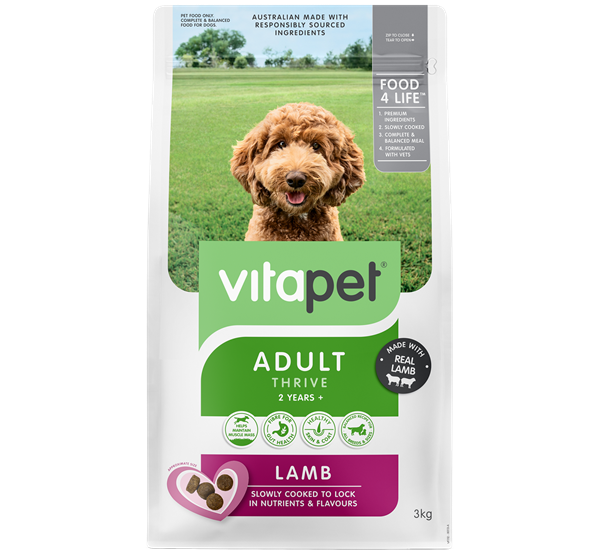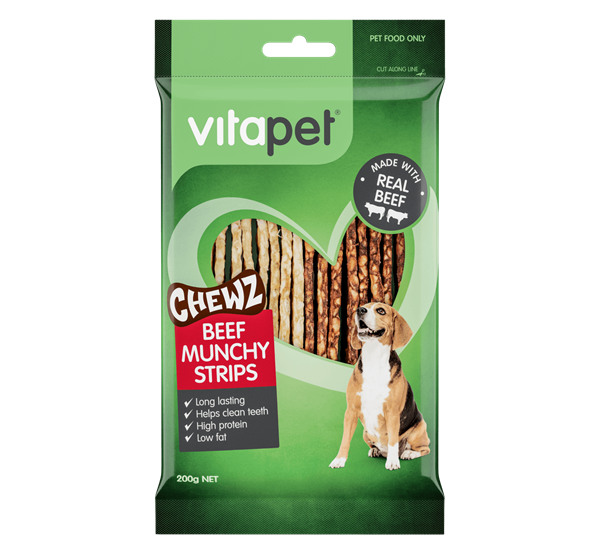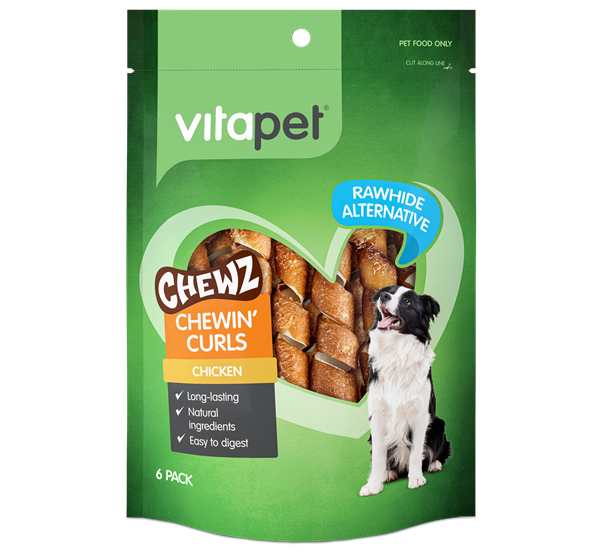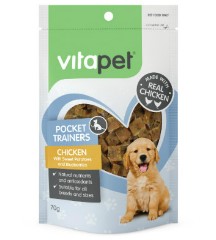Puppies love to chew!
Written by Dr Kate Mornement, Animal Behaviourist
Chewing is a normal behaviour and it’s self-rewarding meaning it’s a behaviour they enjoy.
Puppies chew to explore the world around them, to provide some relief during teething or when they’re a little stressed or anxious. Chewing also helps to exercise the jaw and is beneficial for teeth and gum health.
For these reasons it’s important to give your puppy lots of opportunities to chew.
Sometimes puppies chew things we really wish they didn’t, like, our favourite pair of shoes, our new couch and sometimes even our clothes! But don’t fret! With a little training and guidance, you can teach your puppy to chew on appropriate items. To do this, regularly encourage your puppy to chew on toys and treats that you’d prefer, that occupy them. Lamb ears and sometimes chicken tenders can take some time to get through. Accompany the reward of a treat with verbal encouragement, which will teach them that they’re chewing appropriately.
At the same time, try to minimise their opportunity to chew on the wrong things by keeping your valuable items, such as shoes or clothing, out of reach. If you catch them chewing on the wrong thing, try not to punish them, but give your puppy an appropriate alternative and reward them for chewing on it instead. Good management practices, like crate training your puppy or placing them in a puppy pen when you cannot supervise them can help to reduce inappropriate chewing. Baby gates can also be helpful to restrict your puppy’s access to other parts of the home which contain tempting things to chew.
When do puppies stop chewing?
With time, repetition and a little patience, your puppy will learn to associate chewing with food and accessories, like chew toys. This will help make them more likely to only chew on things you ’approve’, even into adulthood.
Providing opportunities to chew appropriately will also help puppies learn how to chew food more effectively which can help to avoid them wolfing down their food.











